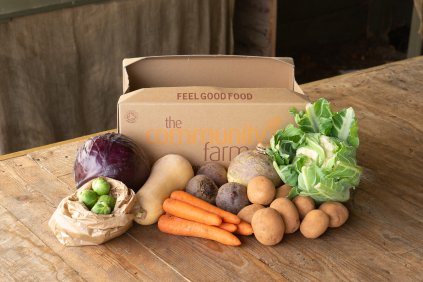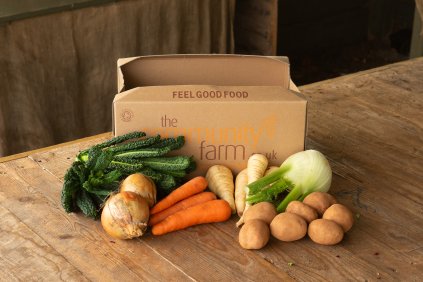Christmas can be a costly time, and not just financially. There is also an environmental cost to the gifts we buy, the food we eat, the packaging and wrapping, not to mention what gets wasted.
If you don’t want to scrimp on festive fun, here are our tips for a low impact Christmas that won’t have you feeling like Scrooge!
Feel good about your food
We all like to eat well at Christmas, but we do need to watch our waste.Get the most out of the festive food you buy:
- Plan your Christmas meals well in advance
- Opt for quality over quantity
- Dig out those recipes for Christmas left-overs
Food items can make a wonderful gifts – unlike gadgets and toys, once they’re eaten they leave no trace! Try giving a local and organic cheese for their cheese board, some exciting preserves or a box of award winning ethical chocolates.
A gift that keeps on giving
There are lots of thoughtful gifts that actually help people learn the value of saving resources, rather than spending them. For example, a National Trust membership, a book on making crafts from reusable items, a cookbook for leftovers or even something as simple as a reusable jute bag.You can set a good example by giving home-made foods such mince pies or something you've made yourself from reused items.
There are a number of studies that show that giving experiences, rather than material goods, tends to make people happier. So why not send a friend on a cookery course, or make them a bird feeder and mount it in a place that will brighten their day every day.
Deck the halls with boughs of holly
Decorate anything you like with fresh greenery such as holly. This is miles better than garlands of synthetic tinsel that will eventually end up in a landfill.In the colder months, fruit and vegetables provide endless opportunities for decorations. For example orange and lemon decorations are easy to make and look amazing.
You can even decorate a tree in your garden for the birds. If you can, choose a tree in the open where the birds can see approaching cats easily. Then adorn the tree with bird-seed bells, suet balls, sunflower heads, or pine cones filled with peanut butter. This is a wonderful activity for kids, and offers an important food source for birds during the winter.
Shop locally
Many gifts in today's marketplace come from halfway around the world, and the impact of transportation contributes significantly to greenhouse emissions and global warming.Local craft fairs, artisan shops and markets can be a good source for gifts that come without the added costs of transportation. Gifts made locally often have an interesting story which goes with them, since the artisan and the origin of the gift are known.
Local shops distribute money more evenly, provide more (and more satisfying) employment, and sell more locally-produced goods.
You can make the positivity of Christmas last all year by using Bristol Pounds to do your Christmas shopping. Bristol Pounds keep money circulating around the local economy. They will nurture Bristol’s independents and support our Credit Union.
Why not explore the independent shops in your area?
Gifts made from recycled or sustainable sources
Many small businesses have developed great products using recycled materials and sustainable sources; like the hedgehog scrubber or the preserves hamper available from The Community Farm’s Christmas shop. Supporting these businesses helps reduce waste while promoting the concept of making the best use of available materials.Try to avoid battery operated presents. Roughly about 40% of all battery sales happen during the Christmas season. Discarded batteries are an environmental nightmare. Even rechargeable batteries find their way into the waste stream eventually.














